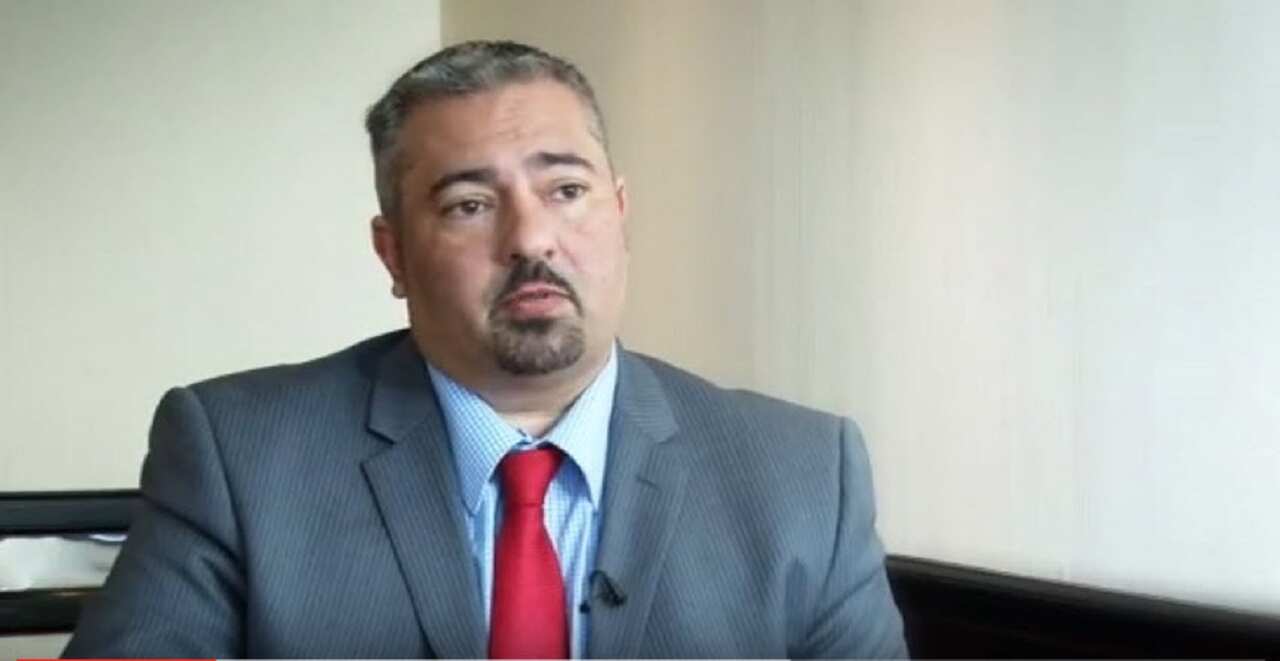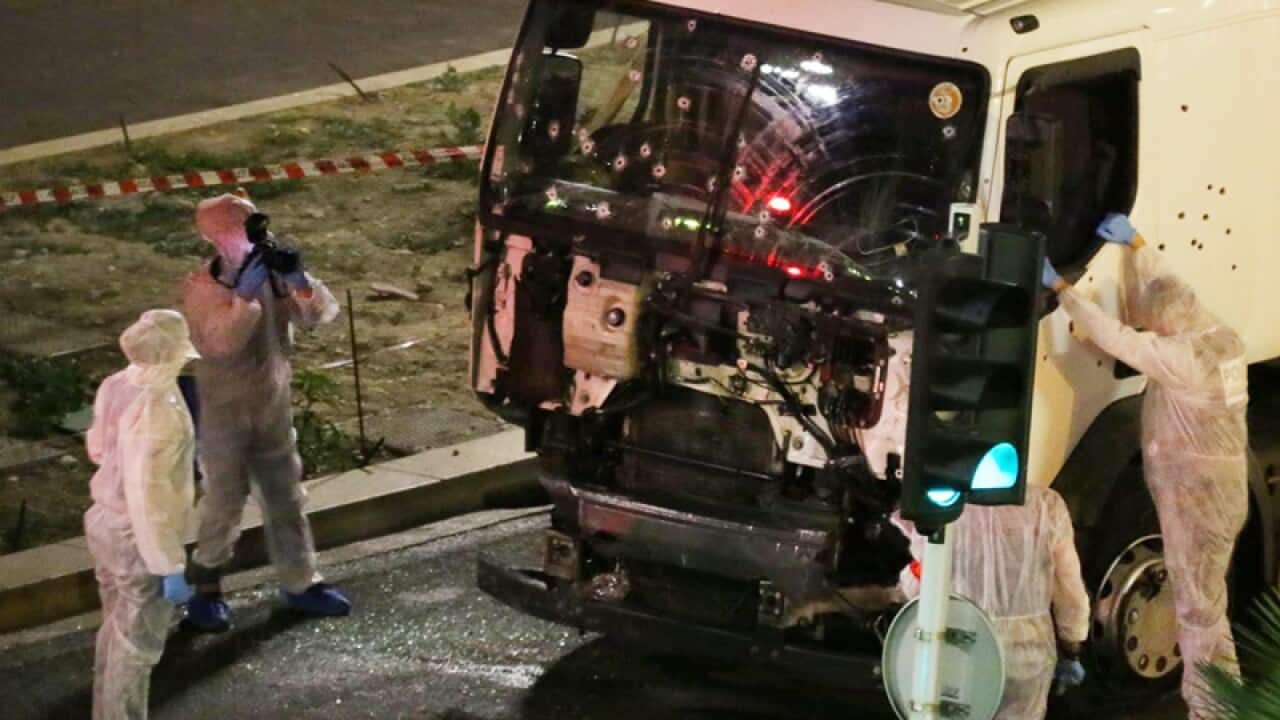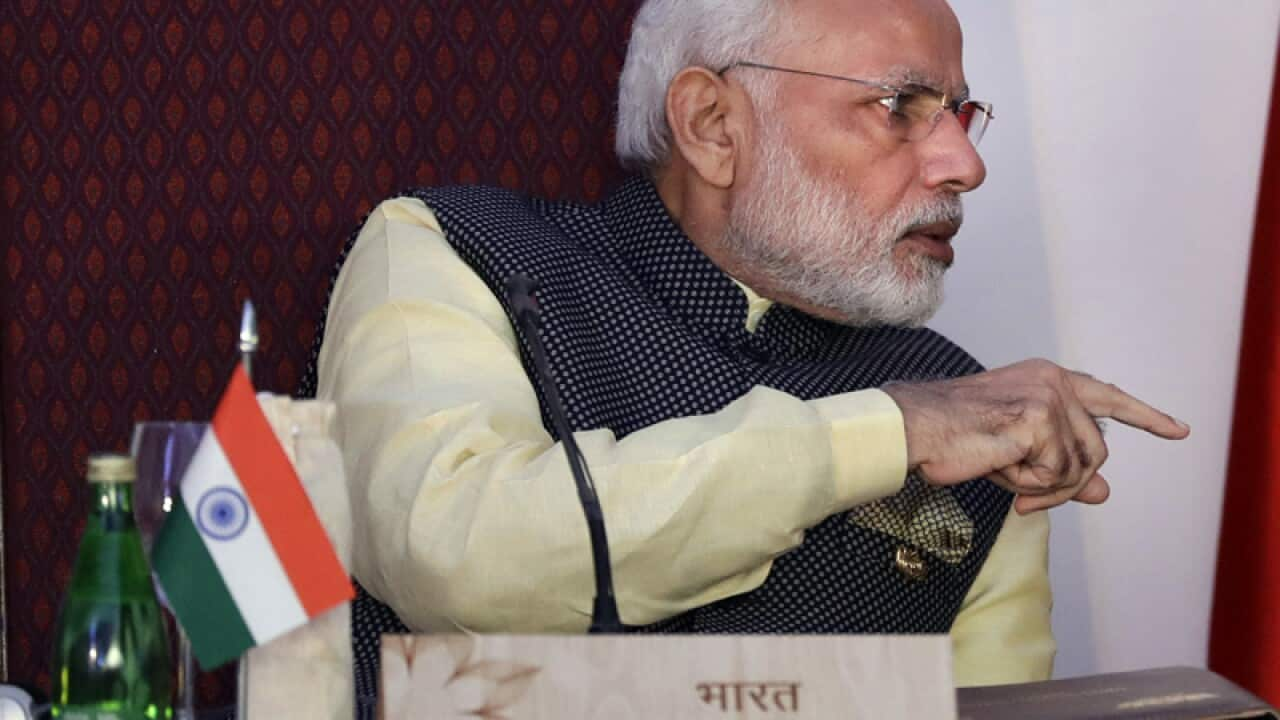The fatal Brussels terror attack eight months ago prompted already nervous airport managers across the globe to re-examine their own security systems.
Now, the Federal Government has received warnings from United Nations security advisor Dr Jim Kent, that our own airports could be susceptible to attacks.
Dr Kent says that while security is generally tight, "terrorist groups could still work their way into an airport like a virus... for example by covertly infiltrating baggage handlers, immigration staff, freight drivers, pilots and cabin crew."
He fears that not enough is being done to link suspicious activities with security measures. Deakin University's terrorism analyst Greg Barton agrees that there are concerns for authorities in keeping up with technological advances.
Deakin University's terrorism analyst Greg Barton agrees that there are concerns for authorities in keeping up with technological advances.

United Nations security advisor Dr Jim Kent. Source: YouTube
"Airports in terms of security around terrorism are pretty good for the big airports, not so much our regional airports where we haven't had that threat frankly, but that's something that should be thought about. Cyber-hacking we really don't know."
Only last week, the AFP revealed air traffic control messages at Melbourne had been hacked by a hoaxer.
According to Prime Minister Malcolm Turnbull, we are well served by police and intelligence services that are the best in the world.
"We are very keenly alert to the threat of terror. It's an abiding responsibility of government and of the courageous and professional men and women of our secuirty, police and intelligence services to keep us safe."
Local security experts say it's not just airports facing the challenge of keeping up with the latest counter-terrorism techniques.
"They are not just for transport," says Mr Barton, "you have cafes, you have shops, in some cases quite elaborate shops and parking areas and you have got to have that free flow of people through the door. You can't be scanning people right at the perimeter."



